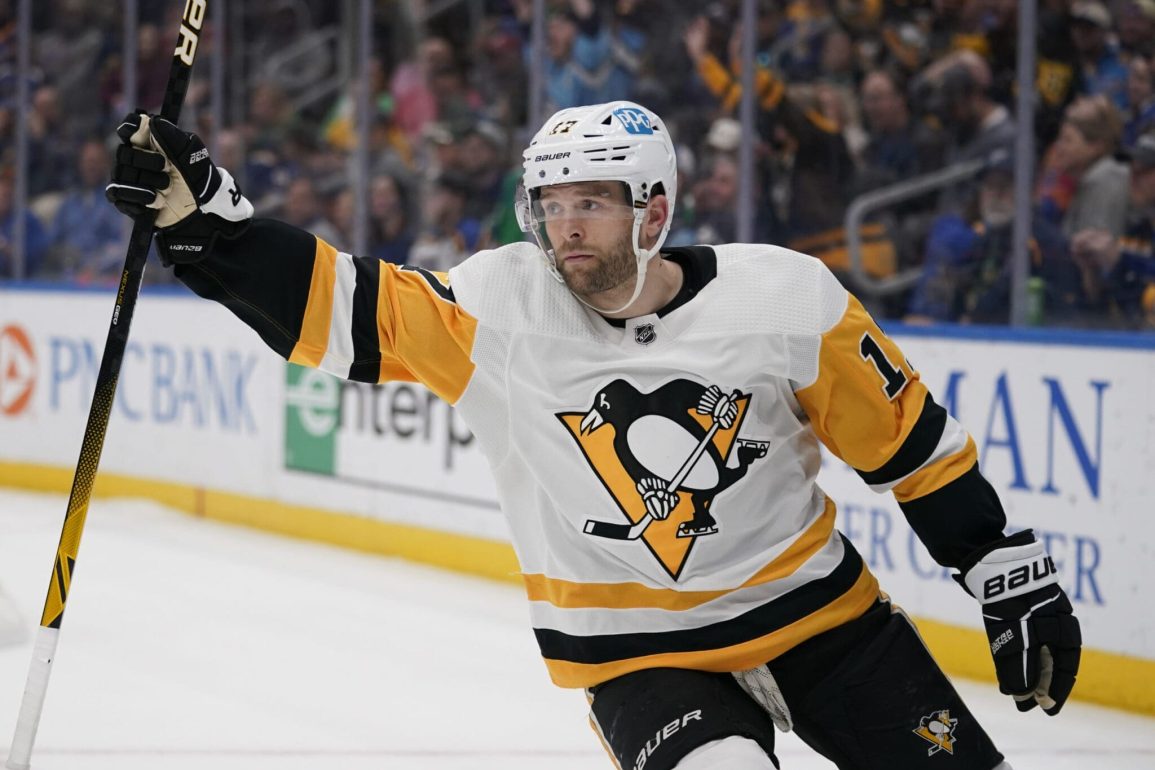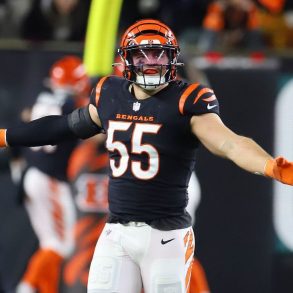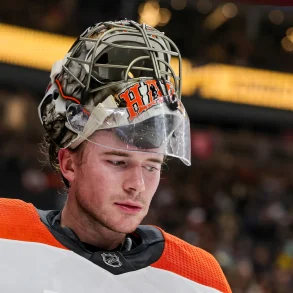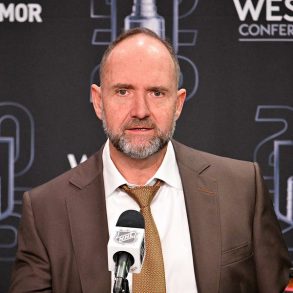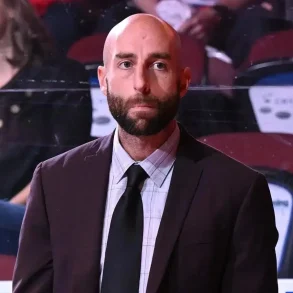The debate surrounding whether the Pittsburgh Penguins should trade Bryan Rust and Rickard Rakell is as much emotional as it is strategic. Rust, in particular, is not just a consistent performer but a leader, mentor, and a personal favorite of Sidney Crosby.
Keeping him aligned with preserving team culture and stability during a transition period. Many fans and observers, including the author, feel conflicted acknowledging Rust’s deep value beyond stats, while recognizing that such loyalty can clash with the cold calculations required in a rebuild.
Trading Rust and Rakell Now Maximizes Value and Supports Penguins’ Long-Term Rebuild Vision
On the flip side, the case for trading Rust and Rakell is strong. The Penguins are in a rebuilding phase, and by the time they’re ready to compete again, both players will be past their prime. Their trade value is likely at its peak now, making this an ideal moment to extract meaningful returns.
The NHL is a business, and smart asset management often means making painful decisions. As the author admits, there’s a compelling case for moving on, and it’s starting to win the internal argument.
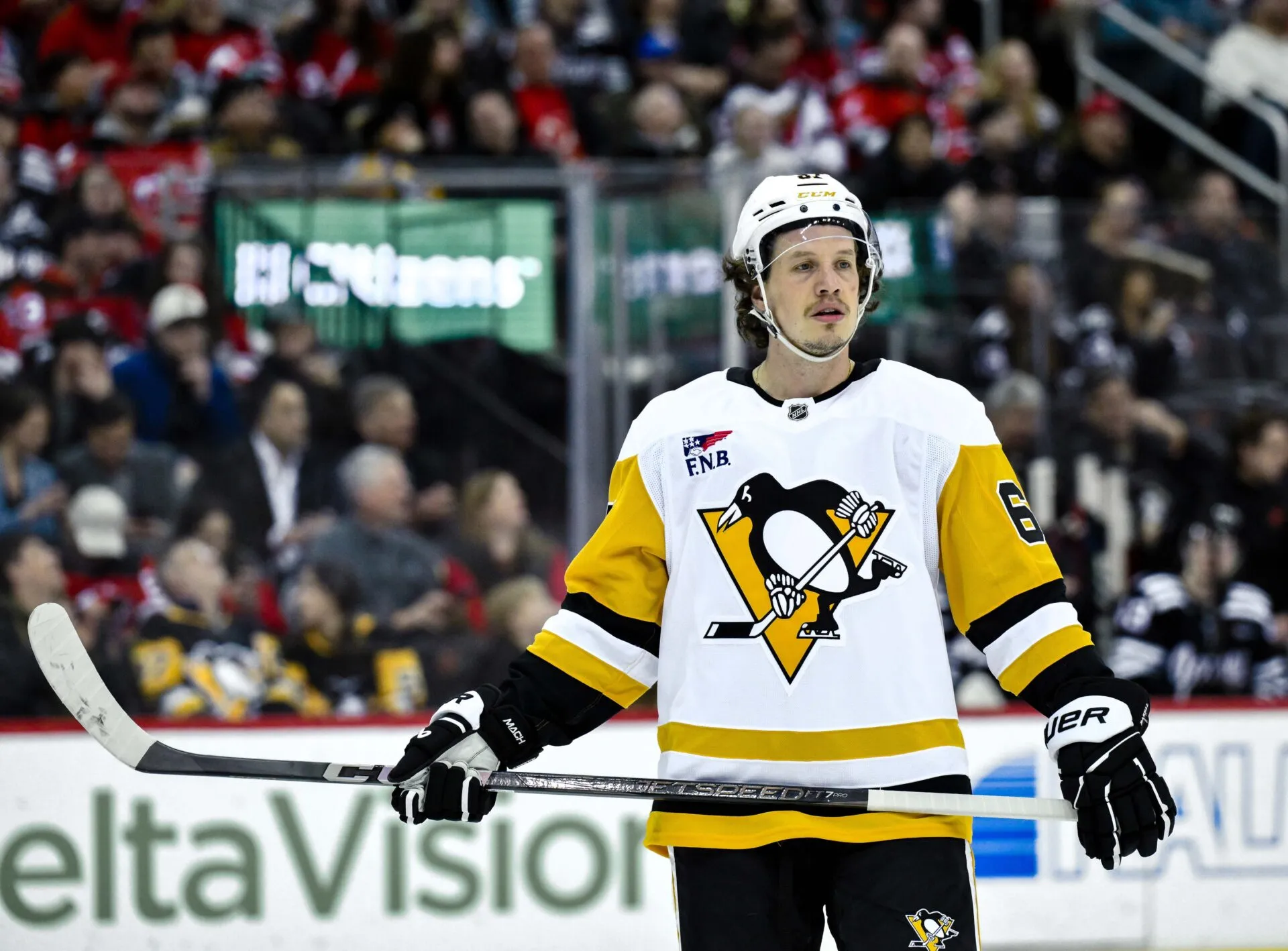
Penguins GM Kyle Dubas has already made substantial progress in rebuilding the team’s future. Trading Jake Guentzel marked the beginning of this new era, and since then, Dubas has stockpiled draft picks and young talent.
The Penguins’ recent draft activity, which included three first-round picks, signals a long-term vision. This influx of prospects from goaltenders like Joel Blomqvist to defensemen like Owen Pickering sets a strong foundation for a future core, even if that core is not yet NHL-ready.
Penguins Must Trade Veterans to Gain Picks, Cap Space, and Future Star Power
While the Penguins’ depth in prospects has improved, what they still lack is elite, star-level talent. Aside from Crosby, who turns 38 soon, the team has no current stars, and their pipeline doesn’t yet feature a surefire game-changer.
Players like Rutger McGroarty and Ville Koivunen show promise, but they’re not considered franchise-altering talents. Without a top-five draft pick or a breakthrough prospect, the rebuild lacks the centerpiece needed to restore the Penguins to contender status.
To address this gap, the Penguins need more chances at acquiring elite talent, which means accumulating first-round picks, top-tier prospects, and cap flexibility. Rust and Rakell, while not stars themselves, are valuable enough to potentially deliver on all three fronts in the trade market.
This is the kind of calculated risk Dubas must take to give the organization a real shot at landing star players, whether through the draft or opportunistic trades. Waiting too long risks diminishing returns.
Rebuilding is never easy, especially when it involves parting with beloved veterans. However, if the goal is to build a championship-caliber team again, emotional attachments must be balanced with long-term vision.
Dubas has done well laying the groundwork over the past 18 months, but trading Rust and Rakell may be the most critical and difficult phase yet. It won’t be popular, but it’s likely necessary to turn a promising rebuild into a truly competitive future.



